Search
Summary 
Loading AI-generated summary based on World History Encyclopedia articles ...
Search Results
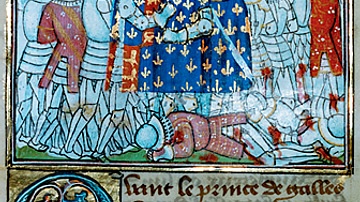
Image
Capture of John II of France, Poitiers
A 15th century CE manuscript illustration showing the capture of John II of France (r. 1350-1364 CE) at the Battle of Poitiers in September 1356 CE. The battle was the second major victory for the English in the Hundred Years' War (1337-1453...

Definition
Gospel of John
In the canon of the New Testament, the fourth gospel of John is uniquely different from the other three, known as the Synoptics ("seen together"). Mark, Matthew, and Luke have parallel ministries and methods of relating the story of Jesus...
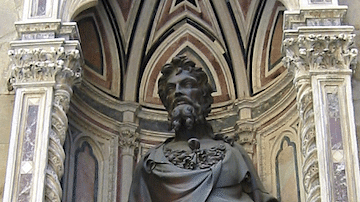
Definition
John the Baptist
John the Baptist (d. c. 30 CE) was a 1st-century CE itinerant preacher in Judea. We do not know his full name, but he is recognized by his activity. 'Baptizer' (Greek: baptizo) was translated directly into English and meant 'to immerse' or...
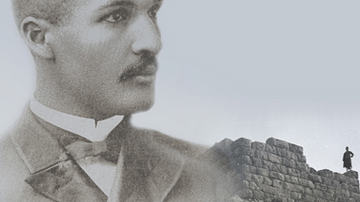
Interview
Interview: The First Black Archaeologist: A Life of John Wesley Gilbert by John Lee
John Lee joins World History Encyclopedia to tell us all about his new book, The First Black Archaeologist: A Life of John Wesley Gilbert. Kelly (WHE): Thank you so much for joining me! Let us start by talking about what the book is about...
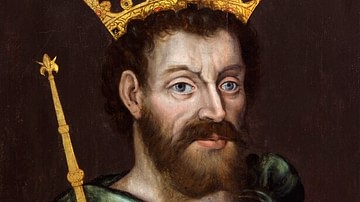
Definition
King John of England - England's Most Unpopular King?
King John of England (aka John Lackland) ruled from 1199 to 1216 CE and he has gone down in history as one of the very worst of English kings, both for his character and his failures. He lost the Angevin-Plantagenet lands in France and so...
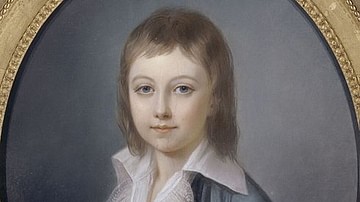
Definition
Louis XVII of France
Louis XVII of France was the regnal name of Louis-Charles de France (l. 1785-1795), the younger son of King Louis XVI of France (r. 1774-1792) and Queen Marie Antoinette (l. 1755-1793). Although Louis-Charles never actually reigned as king...
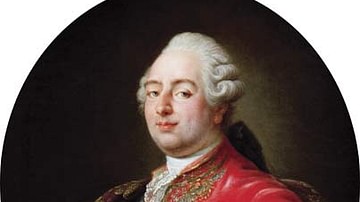
Definition
Louis XVI of France
Louis XVI (l. 1754-1793) was the last king of France (r. 1774-1792) before the monarchy was abolished during the French Revolution (1789-99). An indecisive king, his attempts to navigate France through the crises of the 1780s failed, leading...
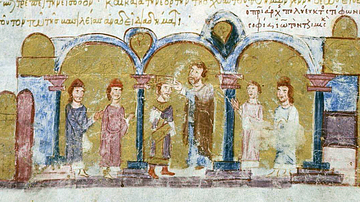
Definition
John I Tzimiskes
John I Tzimiskes was Byzantine emperor from 969 to 976 CE. Although he took the throne by murdering his predecessor Nikephoros II Phokas, John was a popular emperor. A skilled general and a competent politician, he is known for expanding...

Definition
Isabella of France
Isabella of France (c. 1292-1358) was the queen consort of Edward II of England (r. 1307-1327). After heading a coup to overthrow her husband, she ruled as regent for their young son, Edward III of England (r. 1327-1377) until he forced her...
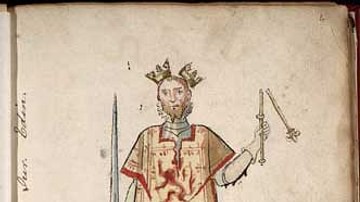
Definition
John Balliol
John Balliol ruled as the king of Scotland from 1292 to 1296 CE. He was supported by Edward I of England (r. 1272-1307 CE) in the competition to find the successor to the heirless Alexander III of Scotland (r. 1249-1286 CE), a process known...